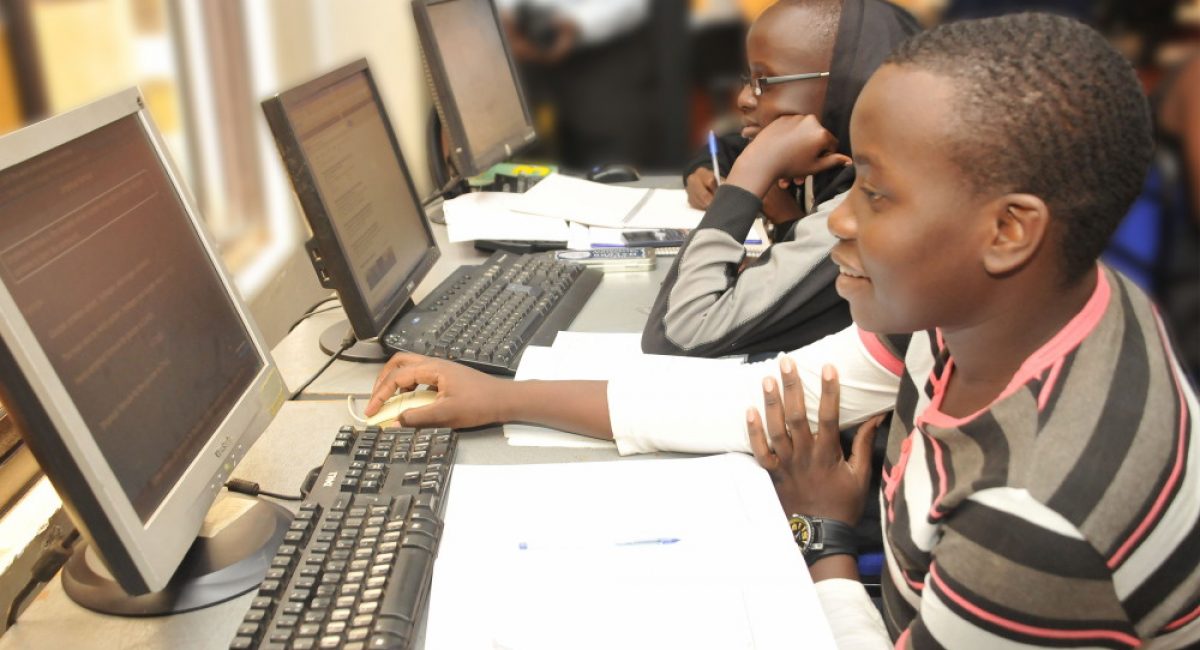Make the most of your revision time


By Edward Lubega
While I was a student, that time of year when exams were near, it always seemed sensible to study for longer hours, not really worrying about how I studied, I just had to study, longer and harder. Many times these long boring hours of study didn’t help. It was only recently that I noticed what I was doing wrong. I was just reading my class notes, over and over again, without spicing them up with a little activity or memory boosters. I wish I knew then what I know now, more especially at the time when I had 20-something exams to study for.
“Always make the most of your revision time in order to excel”
Here are a few ideas that are of benefit to students who want to make the most of their revision time:
Create a revision plan
With so many exams to prepare for, even though study leave might seem like a long time, it’s essential that students organise their time. It’s very easy for the first few exams to have too much time spent on them relative to later exams which might end up being crammed in at the end. With a revision plan this is avoidable. Most students are used to having a timetable and keeping to this discipline at home is a great idea. Here’s a video showing how to create a simple revision plan: An easy alternative to this is to suggest that pupils stick to their usual school timetable when at home.
Make sure you have a comfortable working environment
It’s important that you have everything to hand that you’re going to need for a whole revision session so you won’t be distracted going to find books or a calculator etc. part way through. Make sure you have plenty of space and that you’re comfortable and have adequate lighting. Always keep a drink to hand and maybe a healthy snack to keep you going too.
Don’t get distracted!
Revision isn’t the most fun task in the world and it can be easy to get distracted. To try and eliminate this, study far away from easy distractions such as television. Turn MSN, Facebook, email etc. off during your study sessions it’s amazing how time can be gobbled up.
Build in breaks and rewards
That doesn’t mean to say you have to go on a social media famine for a month whilst you’re revising why not build in ten minutes of down time in each hour when you and your friends can catch up online, maybe share what you’ve learnt but relax and talk about something completely different too.
Don’t revise all the time
Revision can seem a bit like some sort of twisted competition seeing who can study until the latest at night or complete the most hours in the day. Not only is that unhealthy, but you’ll probably curb your learning. You need to keep your mind fresh so don’t work for more hours than you can genuinely focus for and make sure you build in some big breaks as well as the little ones we discussed earlier. It’s okay to take an evening out to head to the cinema or chill out on a sunny afternoon with your mates as a well-earned break. Just build it into your plan. Enjoy it. Don’t feel guilty just return to your studies the next day with renewed vigour!
Eat well, Sleep well
Your brain uses up a huge amount of energy and it’s important to keep it fuelled. Eat regularly and well. Give yourself proper breaks to eat and ensure you stay hydrated too. However long and hard you study, if the tank is empty your brains going nowhere. Likewise, make sure you get a good night’s sleep. You’re far better revising for an hour less and getting a decent night’s sleep than burning the candle at both ends. If you’re so tired you can’t think straight, even if you think you’re revising, nothing will be going in.




Use a variety of methods
You’re more likely to stay engaged and retain information if you vary your study methods periodically. You can try making lists, reading, memorising, being tested, creating diagrams, developing memory aids such as mnemonics, writing songs about topics, listening to pre-recorded notes etc. The important thing is not to stick to just one method as the information will stop going in after not too long.
Teaching is a great way of learning
Teaching is a fantastic way of learning. Why do you think your teachers are all so clever?! One great way to enliven your revision is to take split some less interesting topics between you and a few friends and each learn about one topic and then take it in turns to teach each other about the topic you’ve gemmed up on. You’ll learn a lot both from doing the teaching and by hearing your friends new take on the topic.
Understanding is the key
There are some things you may need to memorise for your exams but on the whole, understanding is the key. If you take the time to really understand a topic, you’ll be amazed how much of it you retain compared to if you try and learn it word for word. If you’re struggling to understand a particular topic your teacher will be happy to help you or you can ask a friend.
Apply your knowledge
Spend a good proportion of your time applying what you’ve learnt. Doing past papers is one of the most valuable revision techniques as it’s great exam preparation and quickly highlights areas you’re struggling with. It also forces you to take all that you’ve learnt and actually apply it. Going back through your exam papers to understand where you have got or lost marks is also important. Understanding the marking scheme so you can maximise your marks is also a key skill. Most teachers will be happy to mark exam questions you complete during revision time and give you feedback.
Chart your progress
You can get a great sense of achievement keeping a list of everything you’ve covered so far. Every time you’re convinced you’ve completely understood a topic then put it on your list and give yourself a pat on the back. It might seem slow progress at first but soon you’ll have a huge long list and a great sense of accomplishment.
